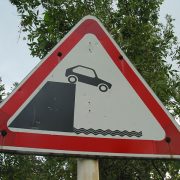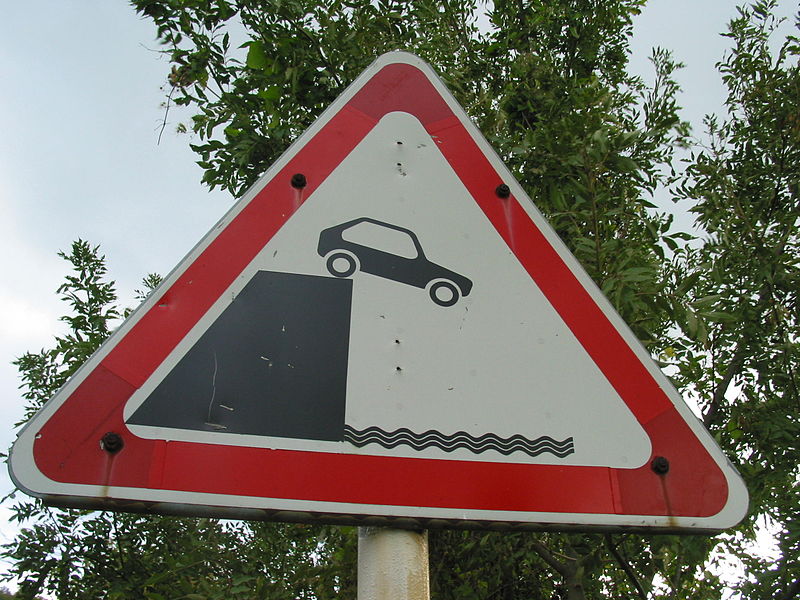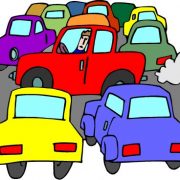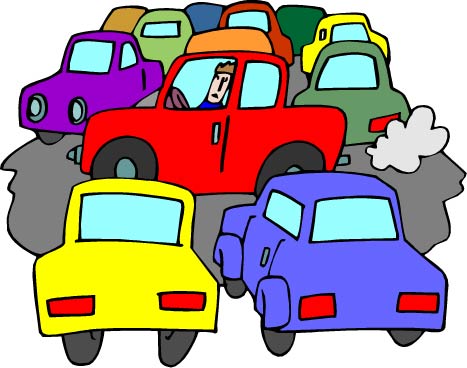How to Avoid the Fog of Overwhelm Part II
In my last post, Avoiding the Fog of Overwhelm Part I, I discussed the state of overwhelm, what it is, how it happens and how it affects us.
To recap briefly, overwhelm happens when there is too much information (message units) coming into our conscious awareness. Our minds only have a certain capacity, like a cup that you can only pour so much water into. When are minds are filled to capacity, and stuff keeps pouring in, we lose the ability to cope.
At this point, our ancient survival mechanism, that good old fight or flight, gets triggered. When that happens we become what is known as “hypersuggestible” which means that we are susceptible to whatever is coming into our minds. We are actually in a state of hypnosis, but the suggestions we are giving ourselves are not positive, like the positive suggestions you get in a hypnotherapy session.
Usually, when we are overwhelmed, there is an accompanying state of stress; the conversations we are having in our heads are usually negative conversations. So, when we are overwhelmed, we can literally be programming ourselves for negativity and fear and we end up with a reinforcing cycle of overwhelm.
Each persons’ response to the state of overwhelm varies, ranging from a complete shutdown where someone might just slump into a chair and begin to cry, to irritability or anxiety, or to a feeling of being disoriented or “spaced out”, which I call the fog of overwhelm.
The end result is the same: we become ineffective in dealing with the challenges of life. We may lose the ability to be focused and on task, turn to avoidance or procrastination, or begin to feel anxious or depressed.
It’s important to note that for many of us, the modern American lifestyle lends itself to consistent feelings of being overwhelmed.
So what can we do to avoid the fog of overwhelm? Most of the things we can do involve basic self care.
- Get adequate sleep and take naps if you need to. Remember how your mind is like a cup? Every day it gets filled up with tension, pressure and the stress of living. Sleep is the time for your mind to empty the cup. Strive for a healthy sleep schedule and avoid stimulants such as caffeine, electronic devices, and working out just before bed.
- Don’t skip meals. Some people are prone to anxiety and overwhelm due to low blood sugar. Blood sugar, or blood glucose, is the main fuel for your body. Your brain uses more glucose than any other organ in your body. Do you ever get that feeling of lethargy or lack of focus in the late afternoon? Take a break and eat something with protein.
- Take breaks. Taking regular breaks throughout the day allows your mind to process incoming information more effectively. Breaks are scientifically proven to boost productivity and focus. Consider working in hour or 90 minute spurts, then taking a short five or ten minute break. This includes taking regular vacations and days off.
- Exercise. I know, you’re tired of hearing it, but exercise allows our body and minds to release tension and stress. If nothing else, get up and walk around.
- Meditation, yoga and other mindfulness practices. Powerful ways to feel more calm and more focused more often.
- Focus on one thing at a time. Multitasking can create overwhelm. Your focus is sharpest when it’s narrow and concentrated. One thing at a time: first this, then that.
- Keep your vices in check. Alcohol and marijuana are hypnosis inducing drugs, not only when you are under the influence, but the next day as well. Check in with yourself to see if you need to make some changes in these habits.
- Count yourself out of hypnosis/overwhelm. When you find yourself overwhelmed, and starting to stress out, count yourself out of that negative state. Say out loud to yourself, if you can, “12345 Eyes open wide awake!” Clap or rub your hands together to get back into your body and out of your head. This really works.
Take some time to go down this list and see what you can tweak and make better. You’ll find that you’re happier, more focused and productive, and a lot nicer to be around.
Having trouble sleeping? Challenged by anxiety? Need motivation to exercise? Click here to contact me for a free 30 minute consultation.
Photo by Sb2s3













![anxiety[1]](https://tedmoreno.com/wp-content/uploads/2009/07/anxiety1.gif)




